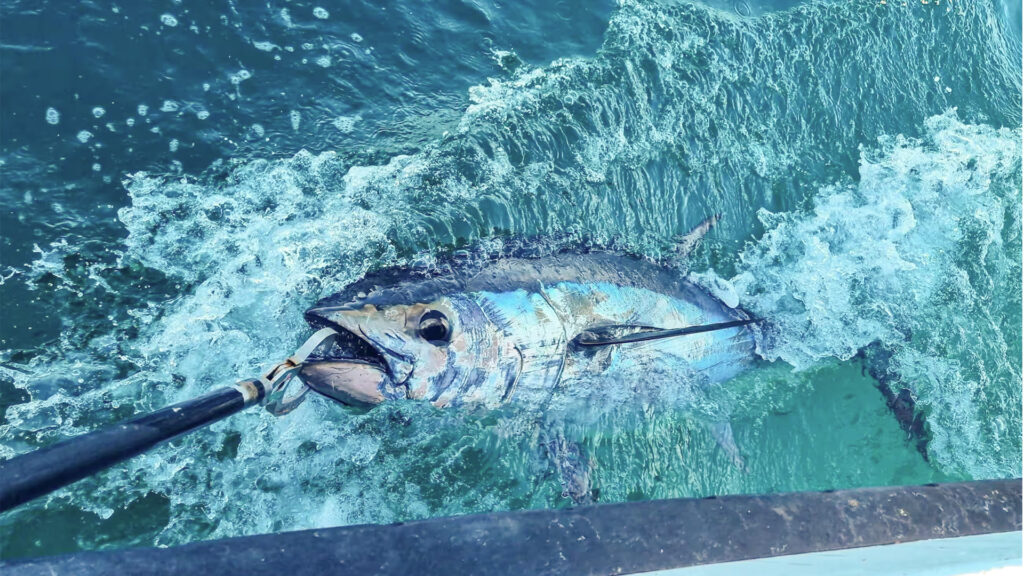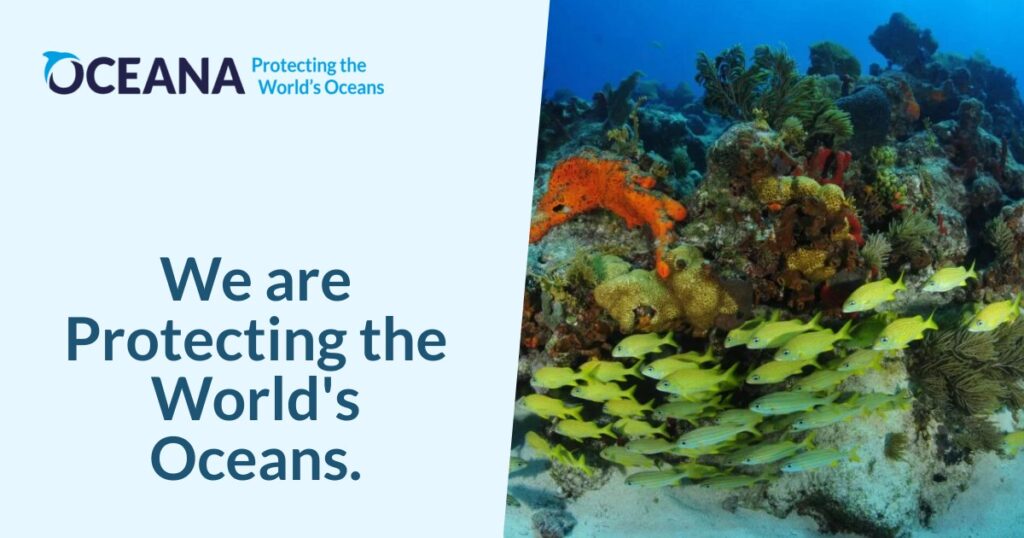8 July marks World Mediterranean Sea Day, with the aim of remembering its importance and promoting initiatives to protect it. This year, it is crucial to pay attention to the well-being of the ocean, an essential ecosystem, but one that is under threat due to human actions and climate change.
The biodiversity, history and economy of the Mediterranean Sea make it one of the most important seas in the world. However, due to a series of environmental problems accumulated over decades, its state of health is worrying.
Plastics, toxics and more pollution in the Sea
According to studies conducted in recent years, there are between 1.2 and 2.5 million tonnes of plastic in the Mediterranean Sea. Microplastics, which are formed from larger plastic products that decompose, are present in high concentrations and could have an impact on marine life and the human food chain.
The main sources of pollution include sewage, oil, industrial and agricultural chemicals. There are still many cities and coastal areas that do not adequately treat their sewage before discharging it into the sea.
The presence of heavy metals such as mercury and lead from industrial and mining activities is alarming. These pollutants accumulate in marine organisms and can have a devastating impact on the health of ecosystems and people who consume contaminated seafood.
Mediterranean life from the inside
Many species have declined due to overfishing and habitat destruction in these waters. Intensive fishing has caused a significant decline in the population of bluefin tuna, an emblematic species of the Mediterranean Sea.
Moreover, a problem in the Sea mentioned above is the introduction of non-native species, such as lionfish and nomura jellyfish, which has altered local ecosystems by competing with and, in some cases, preying on native species.

Another problem of pollution is the anchoring of boats and climate change which is endangering the Posidonia (Mediterranean seaweeed) meadows, which are essential for the health of the marine ecosystem.
Consequences of climate change in the sea
The Mediterranean is experiencing an alarming temperature increase. The distribution of marine species is affected by this increase in water temperature and may cause coral bleaching, similar to what is happening in other marine ecosystems.
Ocean acidification is also the result of seawater absorbing carbon dioxide (CO2). Calcifying organisms, such as corals and molluscs, have problems forming shells and skeletons because of this problem.
Another difficulty the Mediterranean Sea is experiencing is sea level rise, caused by melting glaciers and thermal expansion of water. This endangers coastal and marine ecosystems.
Many low-lying areas and wetlands are at risk of flooding, which could have a devastating impact on human communities and biodiversity.
Human activities that do not help the Mediterranean
Natural ecosystems have been significantly altered by uncontrolled urbanisation and industrial development in coastal areas. The loss of coastal habitats such as mangroves and salt marshes reduces the capacity of the environment to provide important ecosystem services.
Also, overexploitation of many species and destruction of marine habitats have resulted from unregulated fishing and destructive fishing techniques such as bottom trawling.
While tourism is an important source of income for Mediterranean countries, it is also a major contributor to environmental degradation.
Negative effects of mass tourism include overbuilding of tourist infrastructure, waste production and pressure on natural resources.
Efforts to protect the Mediterranean Sea
It has been shown that the creation of Marine Protected Areas can protect marine habitats and increase fish stocks. Sustainable fisheries policies are important steps towards the recovery of fish stocks are the implementation of fishing quotas and the promotion of sustainable fishing practices.
Habitat Restoration Projects are looking at different initiatives to restore Posidonia meadows and coral reefs are helping to recover these critical ecosystems.
In orderd to ensure the long-term protection of the Mediterranean Sea, it is essential to raise public awareness of its importance and encourage participation in conservation activities.
Oceana is the largest international organisation dedicated exclusively to protecting the world’s oceans. It was created in 2001 and since its founding, it has achieved more than 275 victories and protected almost 4 million square miles of ocean.

Ecomar Foundation, another organisation created in 1999 by Theresa Zabell, the only Spanish woman with two Olympic gold medals, its mission is to protect and restore marine ecosystems, promoting biodiversity and combating pollution.
Although the health of the Mediterranean Sea is worrying, it is possible to mitigate some of the damage and ensure a sustainable future through coordinated efforts and effective policies. World Mediterranean Sea Day is an occasion to reflect on how we relate to the sea and commit to protecting it.
You may also be interested in: The power of the sea transformed into energy.





